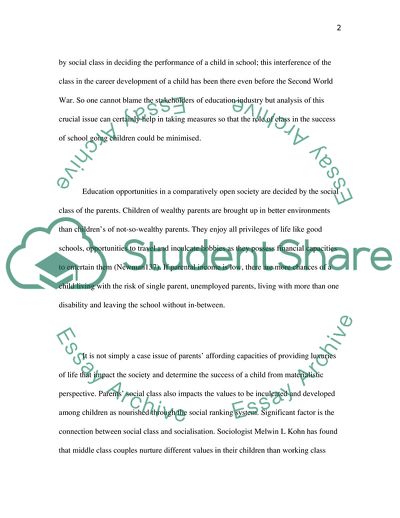Cite this document
(Contemporary Issue of Whether Social Class Determines Child's Success Assignment, n.d.)
Contemporary Issue of Whether Social Class Determines Child's Success Assignment. https://studentshare.org/social-science/1744006-written-analysis-of-a-contemporary-issue
Contemporary Issue of Whether Social Class Determines Child's Success Assignment. https://studentshare.org/social-science/1744006-written-analysis-of-a-contemporary-issue
(Contemporary Issue of Whether Social Class Determines Child'S Success Assignment)
Contemporary Issue of Whether Social Class Determines Child'S Success Assignment. https://studentshare.org/social-science/1744006-written-analysis-of-a-contemporary-issue.
Contemporary Issue of Whether Social Class Determines Child'S Success Assignment. https://studentshare.org/social-science/1744006-written-analysis-of-a-contemporary-issue.
“Contemporary Issue of Whether Social Class Determines Child'S Success Assignment”. https://studentshare.org/social-science/1744006-written-analysis-of-a-contemporary-issue.


